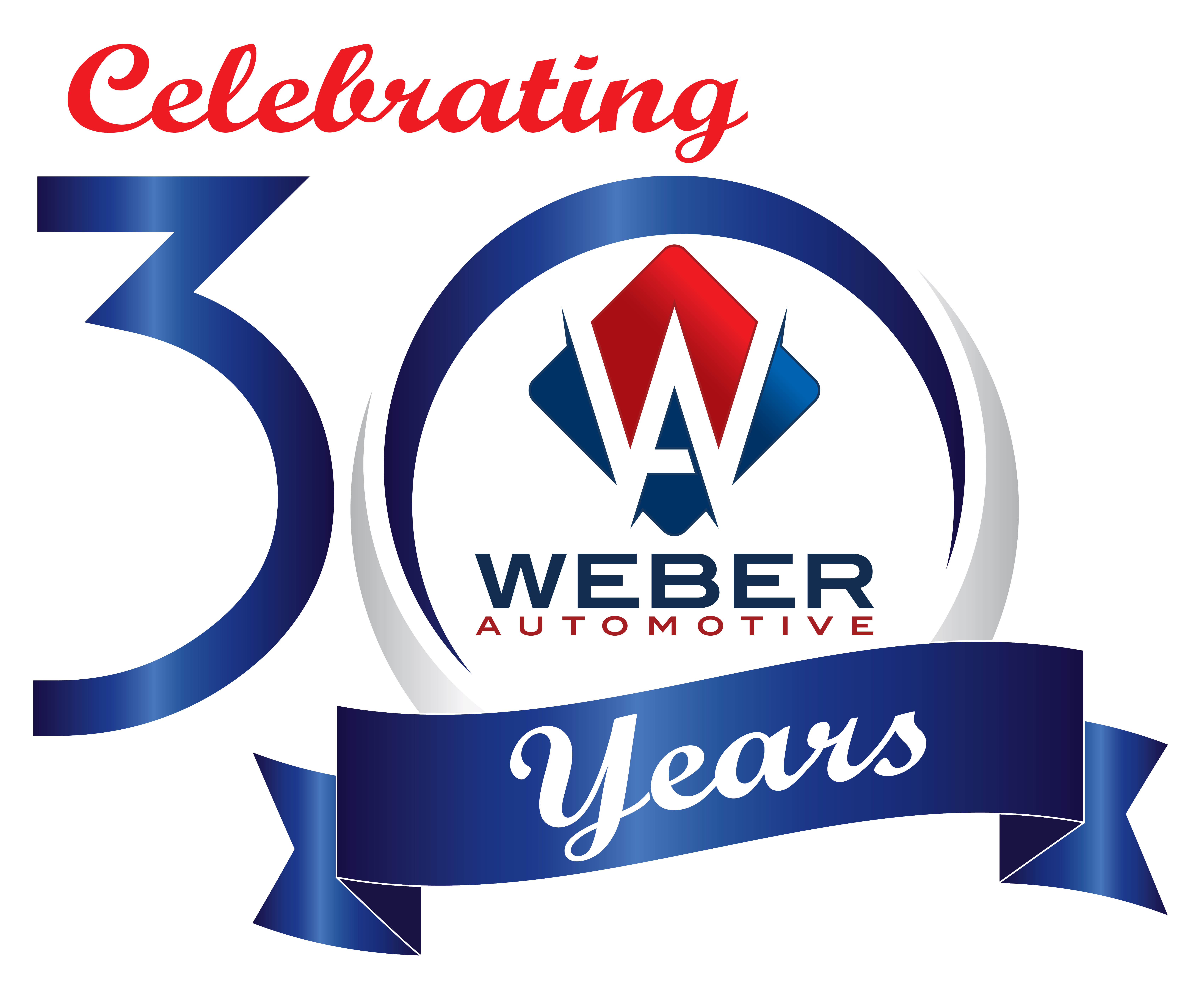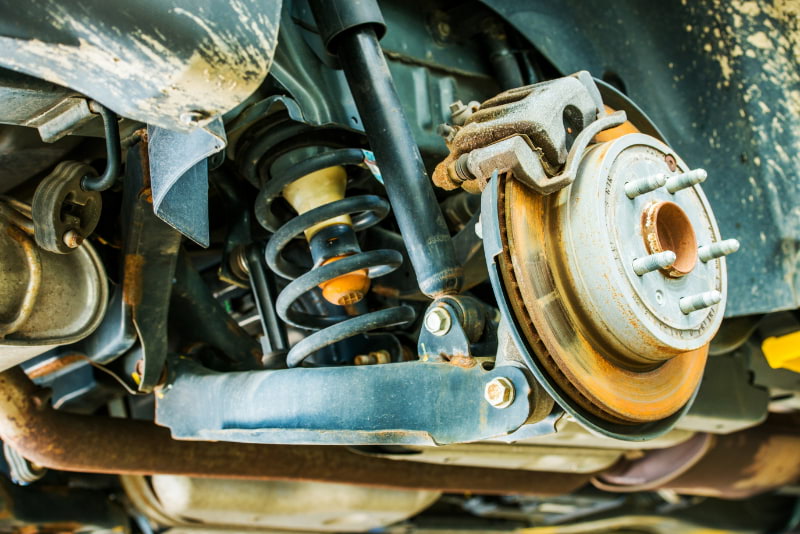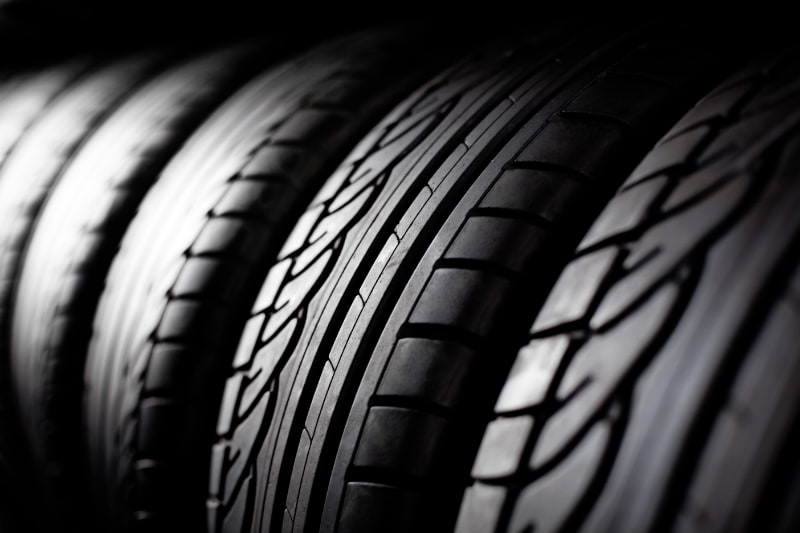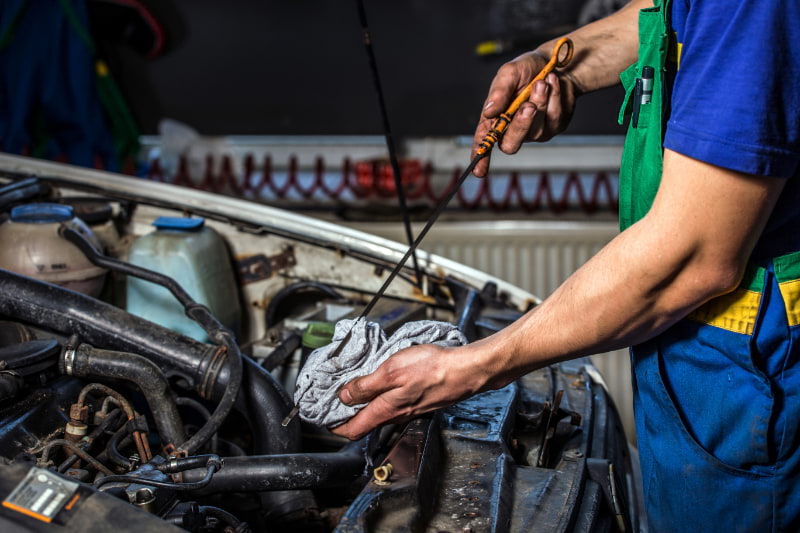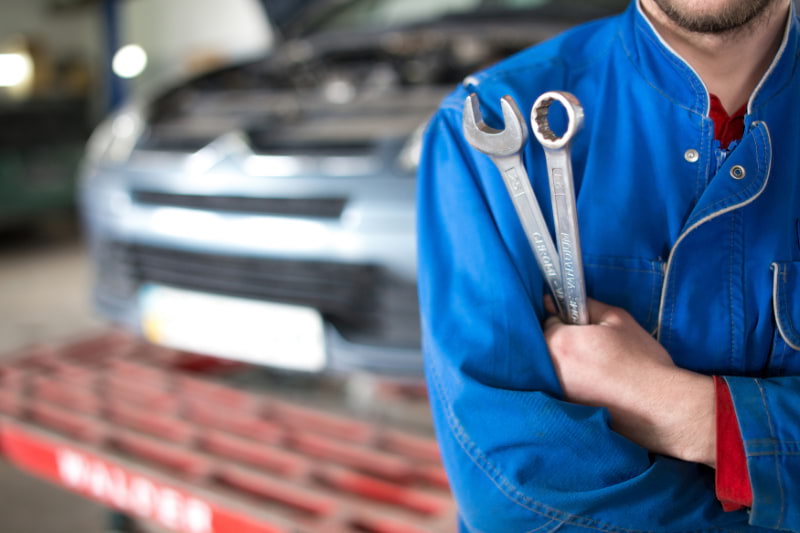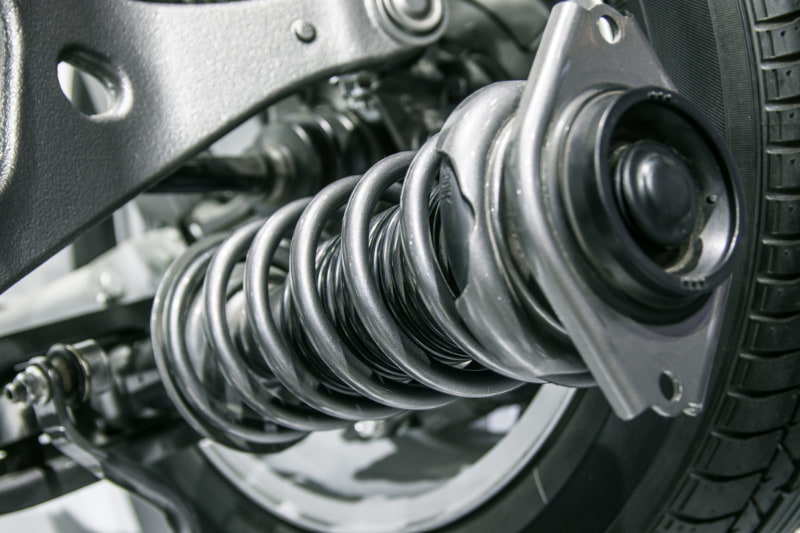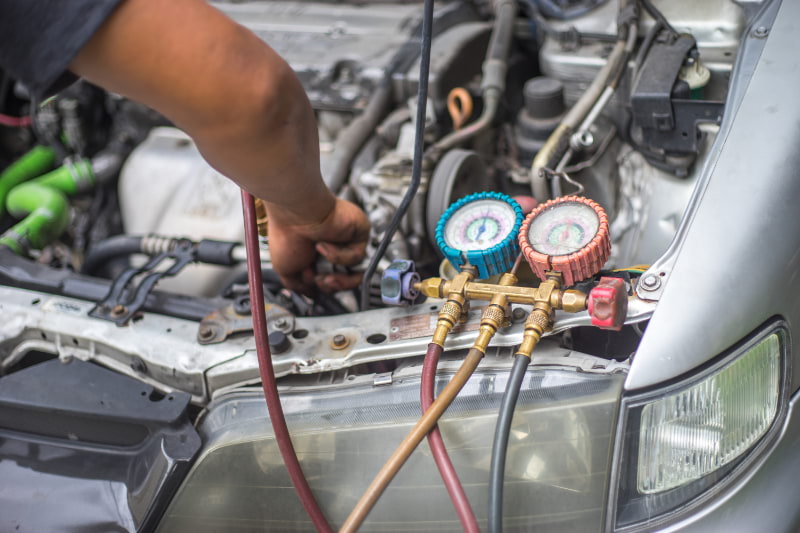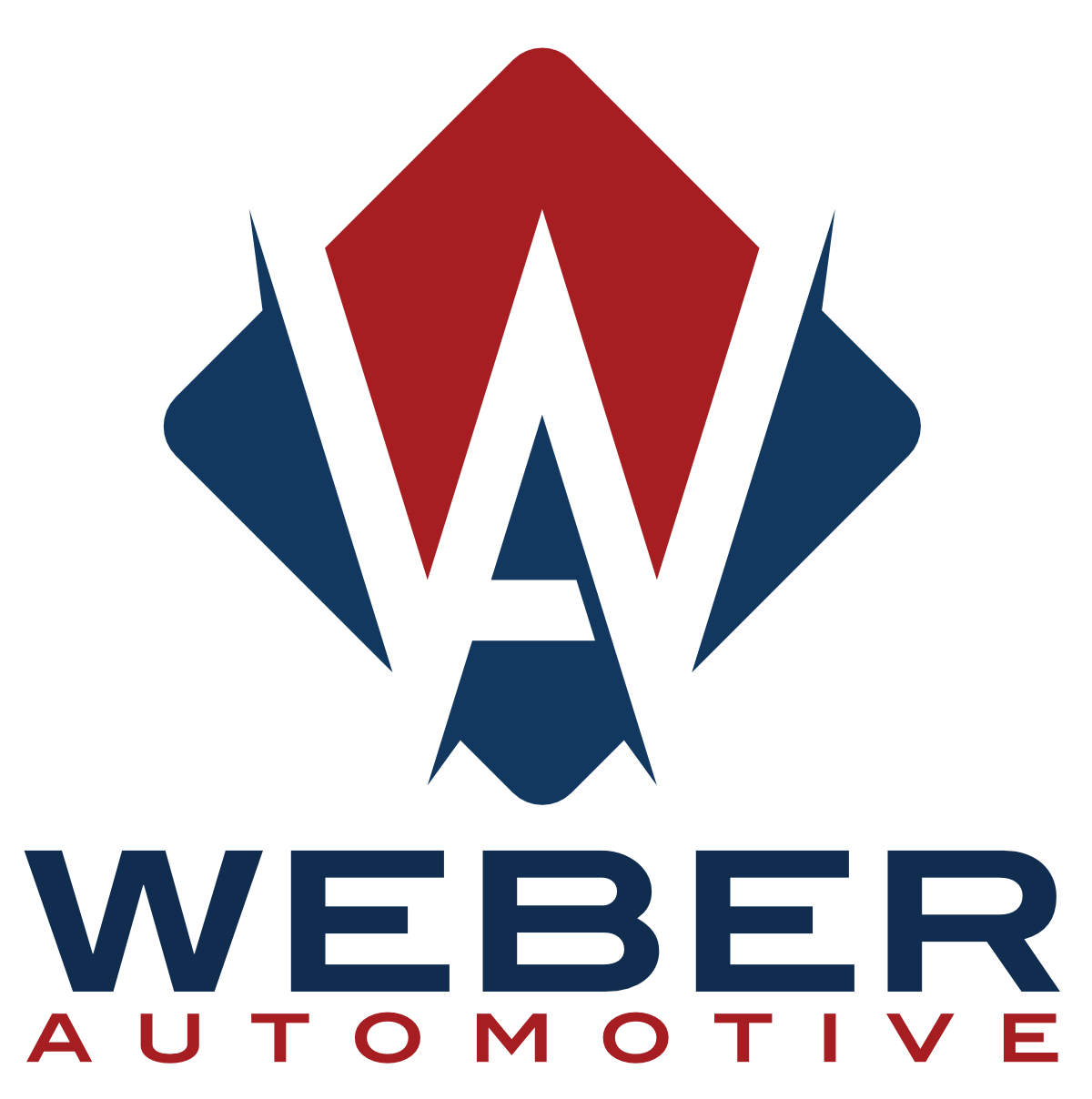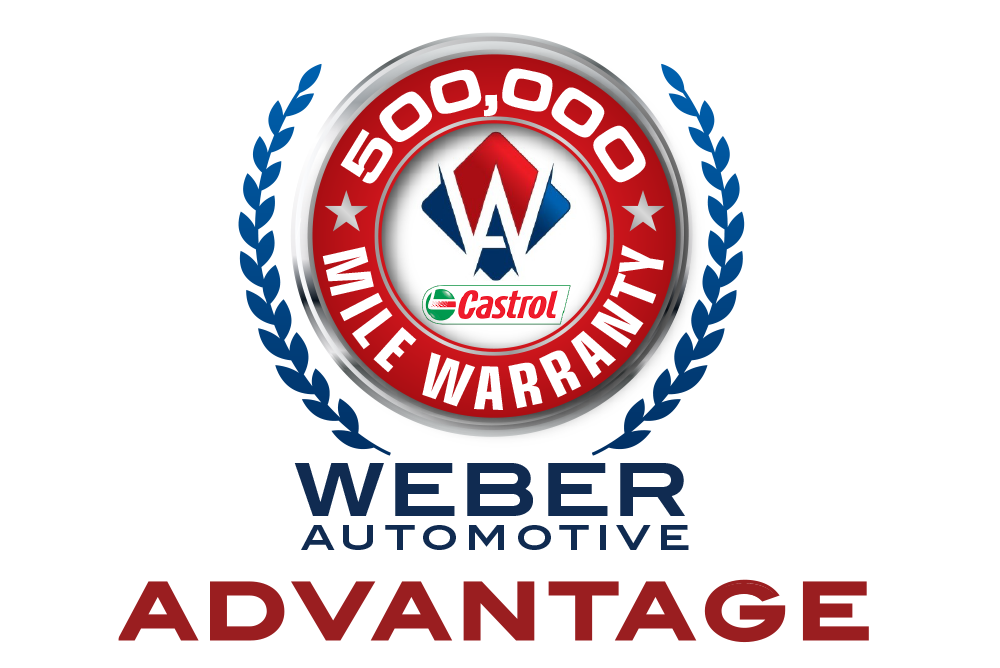
Request a Quote
Weber Automotive is NAPA Shop of the Year!
We're proud to have been named Napa AutoCare Shop of the Year, taking the honor over 420 automotive service and repair shops in the Ohio area.

Weber Automotive was selected as a Top-Rated Service Shop by CARFAX® Car Care - 5 Years in a Row!
Let us show you and your vehicle why!
Celebrating 30 Years in Business!
To say thank you, we are offering specials all year long:
HONEST AND FAIR AUTO REPAIR
Give us your feedback to enter our weekly drawing for a free oil change!
LEAVE A REVIEW SEE ALL REVIEWS
WEBER AUTOMOTIVE wishes you Happy Holidays!
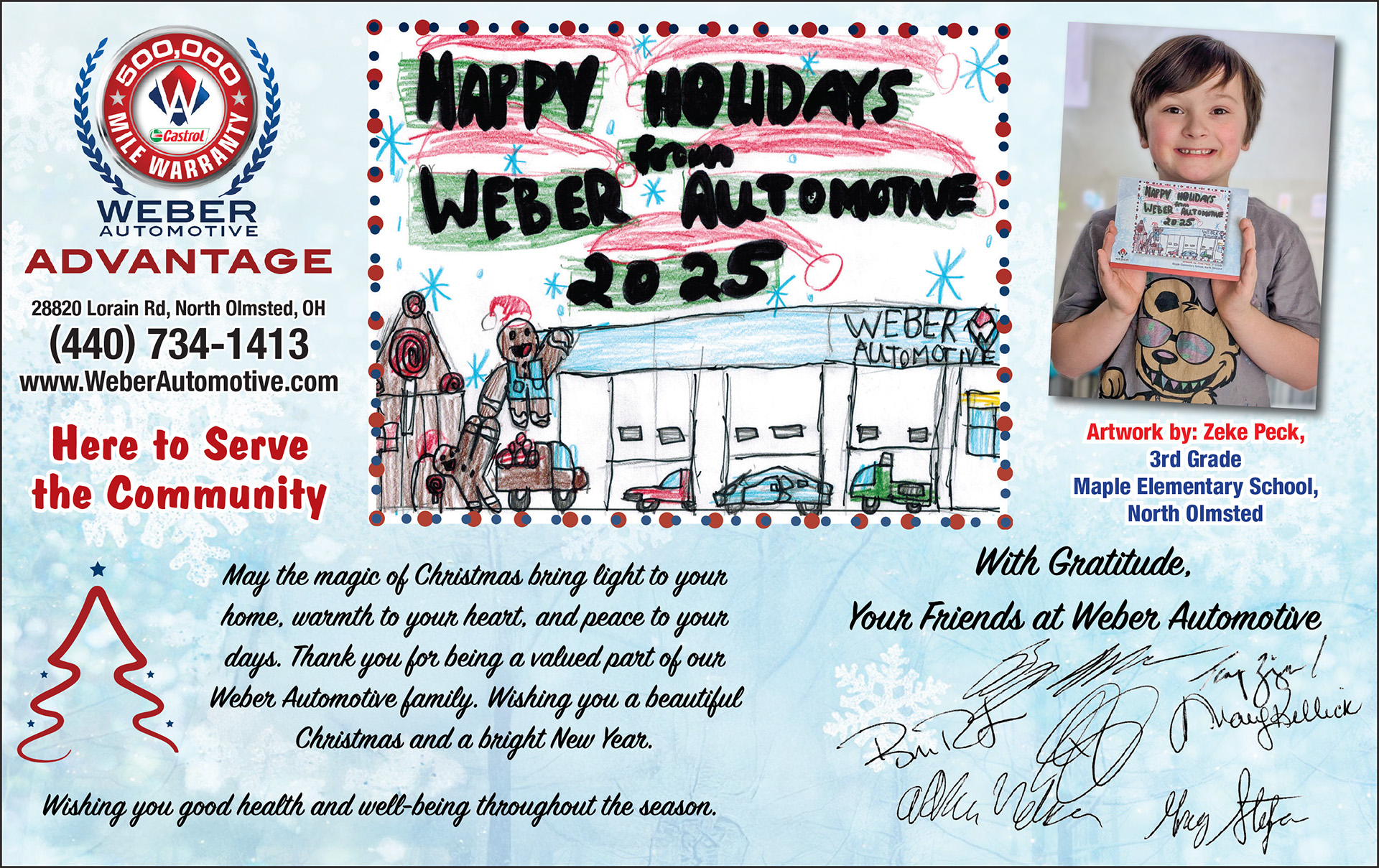
WHO WE ARE
At Weber Automotive we treat our customers and their vehicles with the individual attention that has become missing in society today. We take the time to listen to our customer’s concerns and it is our purpose to provide them with safe and reliable transportation and help them protect the investment in their vehicle(s). We will never upsell a client for a service they don't need!
We are an automobile service and repair business that focuses on high quality services and client relationships, developed with honesty and a genuine concern for their best interests. Our clients are responsible vehicle owners with the desire to maintain their vehicle, giving them reliability and maximum value.
Weber carries the latest diagnostic equipment available to help identify problems efficiently. We have 3 ASE certified master mechanics on staff, and we are always attending training to keep up on the newest technology & automotive advances. When you come to Weber Automotive, you can rest assured that we will work with you & always fulfill your needs.
Our Mission
It is the mission of Weber Automotive to deliver the highest value to our community by providing extraordinary service to our customers, maintaining a culture of high ethical standards, creating opportunities for all of our team members, and providing a safe and enjoyable workplace.
why choose weber

Excellent Customer Service
Customers come back when they see quality work, are treated right and billed fairly. At Weber, we empower our clients and these values drive our work.
![]()
Experience
We have been in business for over 29 years, all of our technicians are ASE certified and have unique experience. Let us help you take care of all of your auto service and repair needs.
![]()
Unique Capabilities
We are always learning and adapting to changing automotive platforms and our professionals are highly trained. We have expertise in EVs, Hybrids, and alternative fuel vehicles.
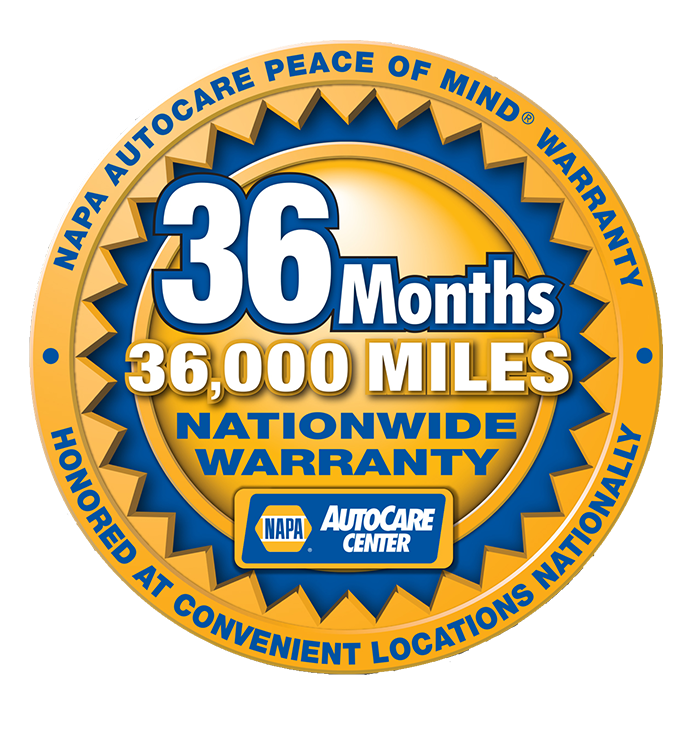


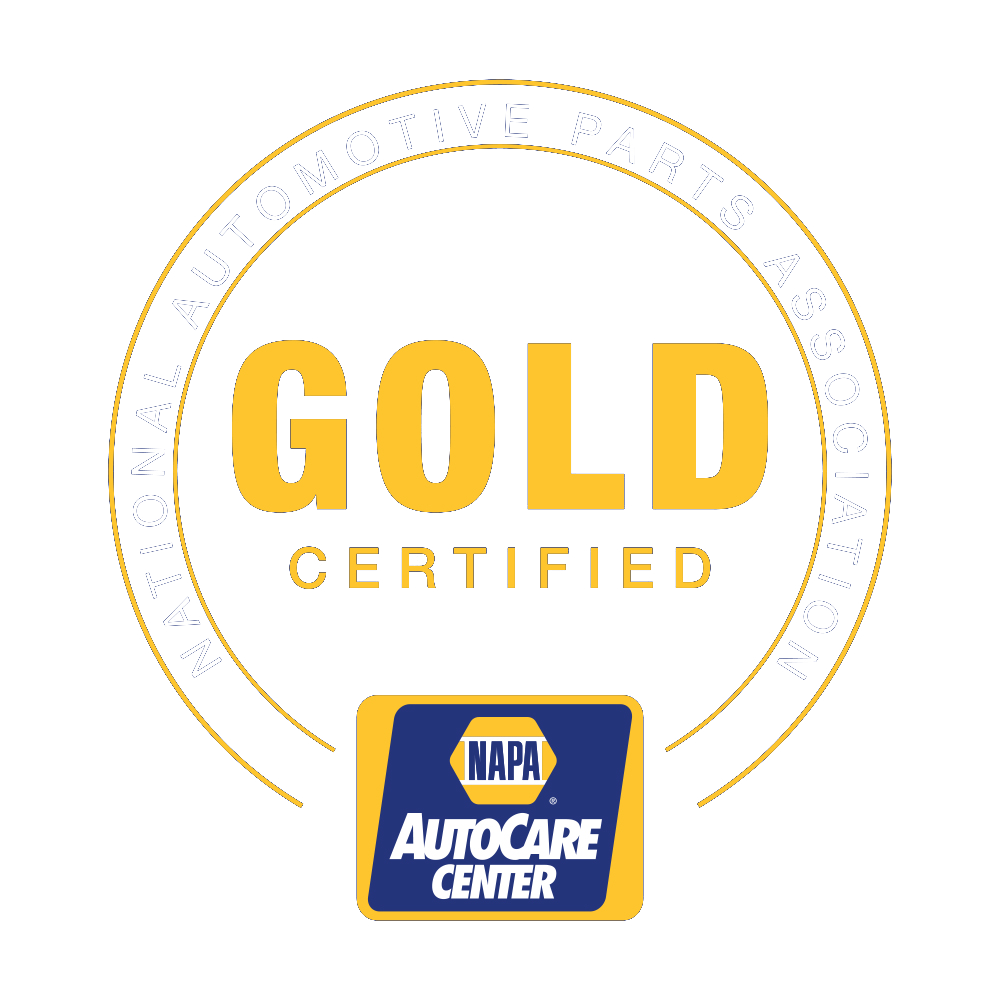



We are honored to receive the Carfax Top-Rated Shop award for the 5th year in a row! This award is presented to shops that have received at least 4.7 out of 5 stars by verified customers.
We are also proud to be a certified Gold Napa AutoCare Center! This means that we have been recognized as one of the elite shops in the Napa AutoCare network. What it means for our clients is our unmatched service and 3 year/36,000 mile warranty is the best in the business!
THE LATEST FROM WEBER AUTOMOTIVE
Discover the Unmatched Excellence at Weber Automotive
Discover expert auto services with warranties up to 500,000 miles at Weber Automotive. Trust our skilled team for competitive, reliable car care. ...
Experience Excellence in Car Care with Weber Automotive
30+ years of expert auto repair. Discover unmatched service at Weber Automotive with a 3-year warranty and precise diagnostics. Visit us today! ...
Understanding Suspension Shocks and Struts
Keep your vehicle safe and smooth with expert suspension, shocks, and struts services from Weber Automotive. Reach out to our team to diagnose and solve any issues quickly. ...
